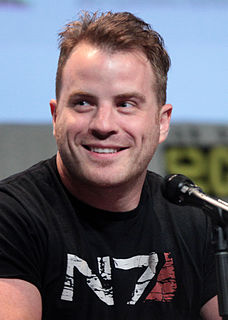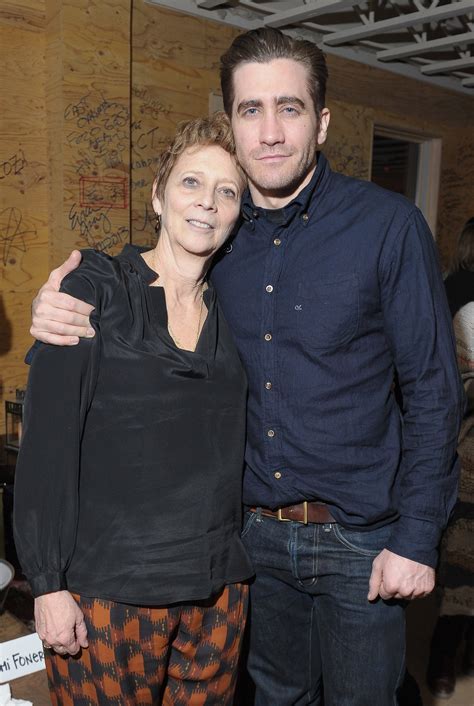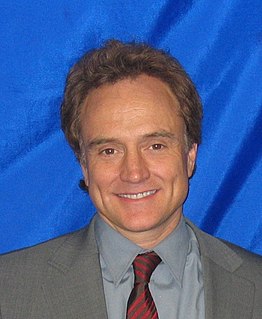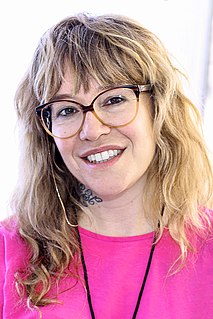A Quote by Blake Bailey
I'm not an academic; I'm just a bookish Joe who gets passionate about certain writers and suddenly wants to read everything they've ever written and find out why they wrote it.
Related Quotes
A woman journalist in England asked me why Americans usually wrote about their childhood and a past that happened only in imagination, why they never wrote about the present. This bothered me until I realized why - that a novelist wants to know how it comes out, that he can't be omnipotent writing a book about the present, particularly this one.
It's very hard to be a screenwriter. I remember getting a couple of awards. I got a PEN West award a million years ago when I did Running on Empty, and I sat in the room with all these writers. They wrote everything from novels to non-fiction to children's books to journalism - any kind of writing - and I realized that there was no one in the room who would ever read anything I'd written.
For me writing is a long, hard, painful process, but it is addictive, a pleasure that I seek out actively. My advice to young writers is this: Read a lot. Read to find out what past writers have done. Then write about what you know. Write about your school, your class, about your teachers, your family. That's what I did. Each writer must find his or her own kind of voice. Finally, you have to keep on writing.
Aaron is a very passionate, maniacal writer so the scripts really come from him, but he is very open to... y'know, we'll plan ideas and we'll certainly tussle about stuff when the script comes out. So, to a certain extent, he's very interested. If there's some problem or something that doesn't ring true, he wants to know why and he wants to correct it or fight for it.
There are certain writers I can't read when I'm trying to write because their voices are so distinct. Cormac McCarthy, he's the most different writer from anything I've ever written, but there's something about those really spare sentences that is just tough - it would be too much of an influence. Grace Paley is my favorite writer. Her stuff is so voice-driven, when I read her a lot I want to make my writing more voice-y and dialogue-heavy. I love a lot of stuff in translation.
When you get your self realization or your second birth you become entitled to an awareness by which you can find out the roots of everything. You can find out the roots why people get sick, you can find out why there are incurable diseases, you can find out why there are psychological problems, you can find out why there are moral crisises, you can find out why there are political problems, why there are economic problems.
Read a lot. But read as a writer, to see how other writers are doing it. And make your knowledge of literature in English as deep and broad as you can. In workshops, writers are often told to read what is being written now, but if that is all you read, you are limiting yourself. You need to get a good overall sense of English literary history, so you can write out of that knowledge.
'The Sword of Shannara' is about two brothers who find themselves on an epic quest to save humanity. It borrows from 'Lord of the Rings' but is still original in its own right. I read it in three days, then reread it, then went out and found every single book Terry Brooks ever wrote, and read all those.





































